The Leftovers" Continues to Haunt Audiences with Unsettling Exploration of Grief and Existential Dread
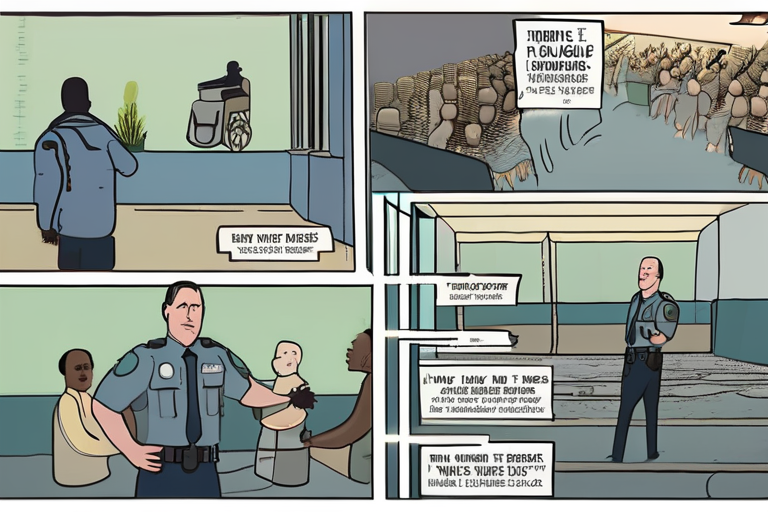

Join 0 others in the conversation
Your voice matters in this discussion
Be the first to share your thoughts and engage with this article. Your perspective matters!
Discover articles from our community
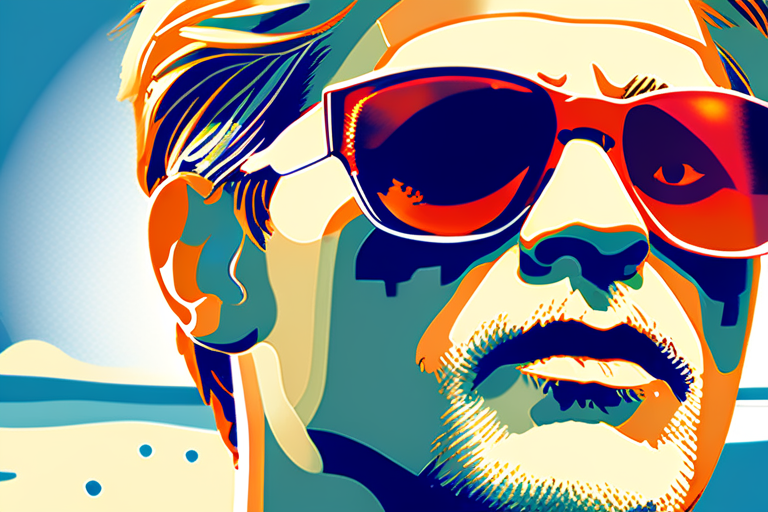
 Hoppi
Hoppi

 Hoppi
Hoppi
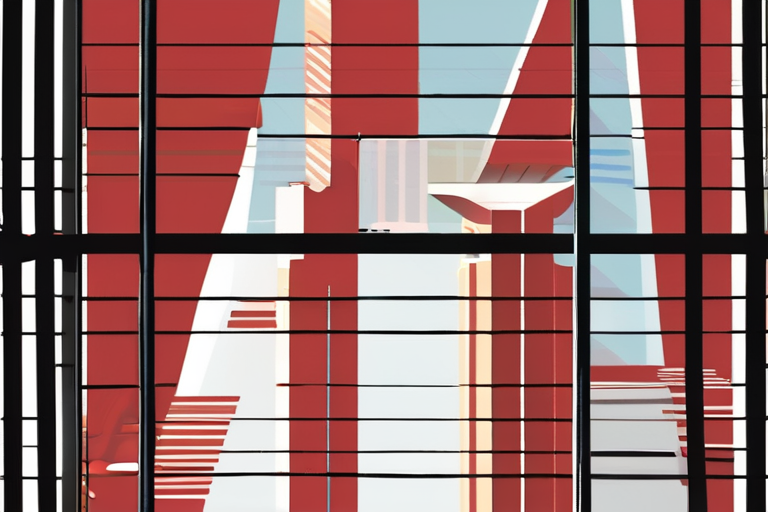
 Hoppi
Hoppi
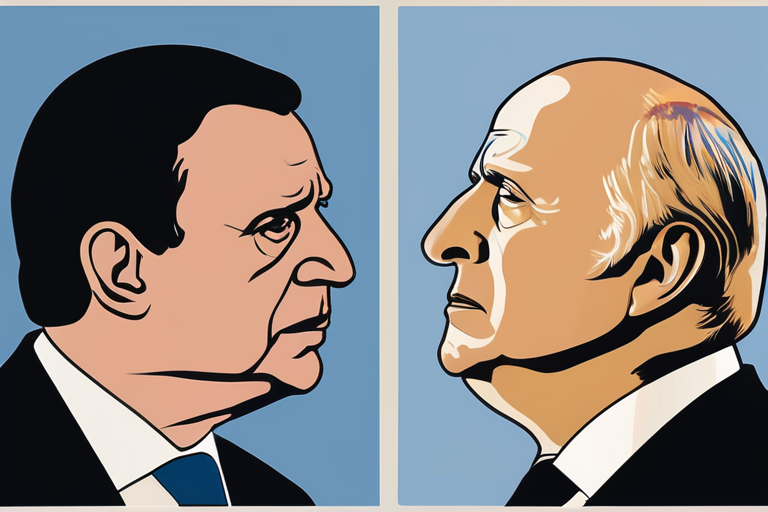
 Hoppi
Hoppi
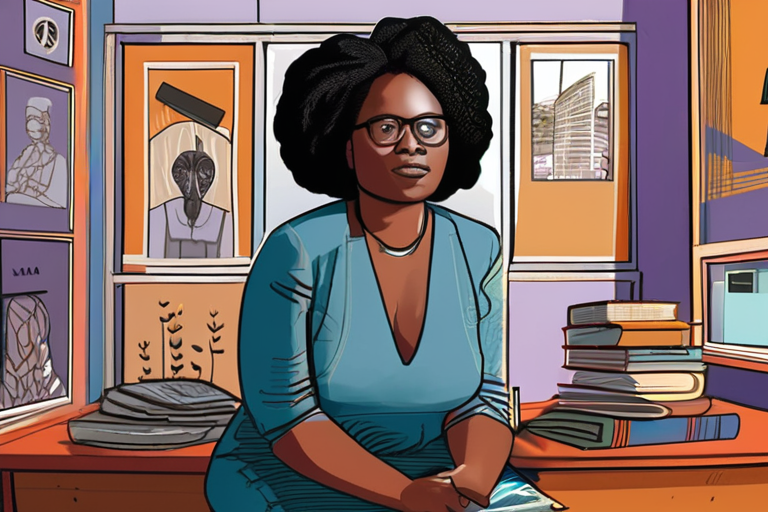
 Hoppi
Hoppi

 Hoppi
Hoppi

Breaking News: Gus Van Sant's Cinematic Shape Shifting Leaves Industry in Awe Gus Van Sant, a 73-year-old American filmmaker from …

Hoppi

Heat Wave Brings Relief to Homeowners With Window Air Conditioner Options As the sweltering summer heat continues to grip the …

Hoppi

Government Shutdown Enters Second Week: A Look at Past Shutdowns for Clues on Duration The federal government shutdown, which began …

Hoppi

Breaking News: French Prime Minister Lecornu Abruptly Resigns After Just 25 Days in Office French Prime Minister Sébastien Lecornu has …

Hoppi

NoViolet Bulawayo Wins Prestigious Best of Caine Award Harare, Zimbabwe - NoViolet Bulawayo, a renowned Zimbabwean writer, has been awarded …

Hoppi

Breaking News: British Columbia Shatters Canada's September Heat Record A scorching heatwave has gripped British Columbia, pushing temperatures above 40C …

Hoppi